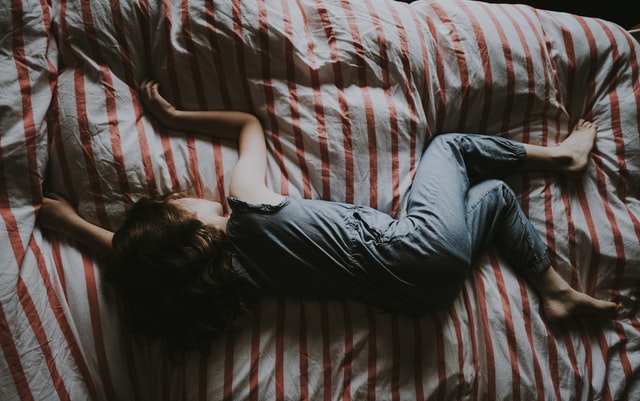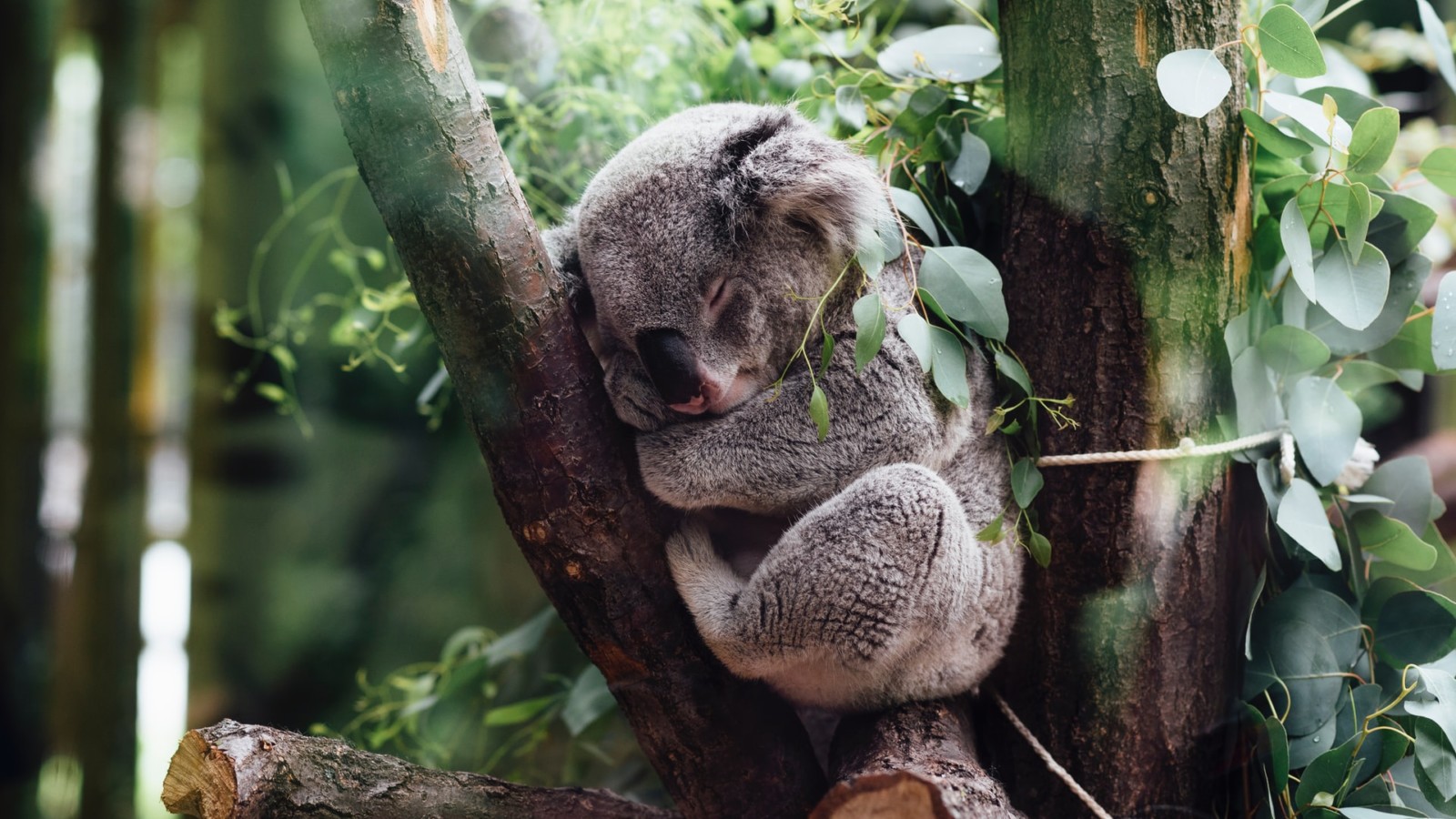That sleep matters has been well established in the scientific community. Newborn infants sleep for 16 hours out of a 24 hour day. It slowly reduces to about 13 hours by the age of two, out of which day time sleep goes down from 8 hrs to about 2 hrs.
Since electric lights became a reality, time of sleep has been pushed continuously – be it factory workers on late shifts, students studying through the night with writing help, essential workers responding to emergencies, or just young people enjoying each others’ company.
Paradoxically, with all the gadgets that people have for help in everyday living, getting a good night’s sleep has become a challenge. People medicate themselves, listen to binaural rhythms, watch TV, game on their devices, chat/text on their devices, listen to music/chants, or just toss and turn on the bed of course.

Photo by Annie Spratt on Unsplash
Over the years as sleep issues have increased phenomenally, there have been studies among populations which are closest in today’s world to our hunter gatherer ancestors. Did we sleep better in the centuries that we did not have electronics and artificial light to keep us awake?
Sleeping Among Pre-industrial People
A sleep study was done on groups of people from preindustrial human societies. They were the Hadza from Tanzania, Tsimane from Bolivia and the San from Namibia. Interestingly the findings are not very different from current sleep patterns. People sleep from 5.7 – 7.1 hrs depending on ambient temperature, phase of life(a nursing mother wakes up more frequently), things on one’s mind (men woke up to keep the fire going), and other such factors.
Such studies show that plasticity in sleep-wake patterns is probably a throwback to our days as a hunter gatherer, when humans had to be vigilant about prowling predators through the dark of the night. The shortage of sleep was made up by naps during the day. No one worried about this in these communities. They just woke up and went about their day, grabbing some shut eye when they could if they got sleepy. Their circadian rhythms were fine and they had no side effects of such sleep-wake patterns.
Making Peace With Shorter Sleep Duration
As sleep became a hard to find commodity in my life, I got crankier and crankier. I worried over my lack of sleep and constantly cribbed about it. During these Covid-19 times, working from home was quite the blessing. When waves of sleep hit me during the day, I power napped for 8-15 mins and woke up as fresh as a daisy. That got me thinking.
Having a short night of sleep and worrying over it had got me deeper into a morass of self pity and misery. I felt better when I did not worry over it. I napped during the day. No guilt or self recrimination I told myself. #itiswhatitis
Finding A Balance
The merits of sleeping well are very well documented. In my case not working myself up over my shorter duration sleep during the night, helped me a lot. I found a new balance and the naps refreshed me. Crankiness disappeared. I was more at peace with myself, and the world around me.
That being said, the thought I send out to everyone is simple – sleep like a baby.


